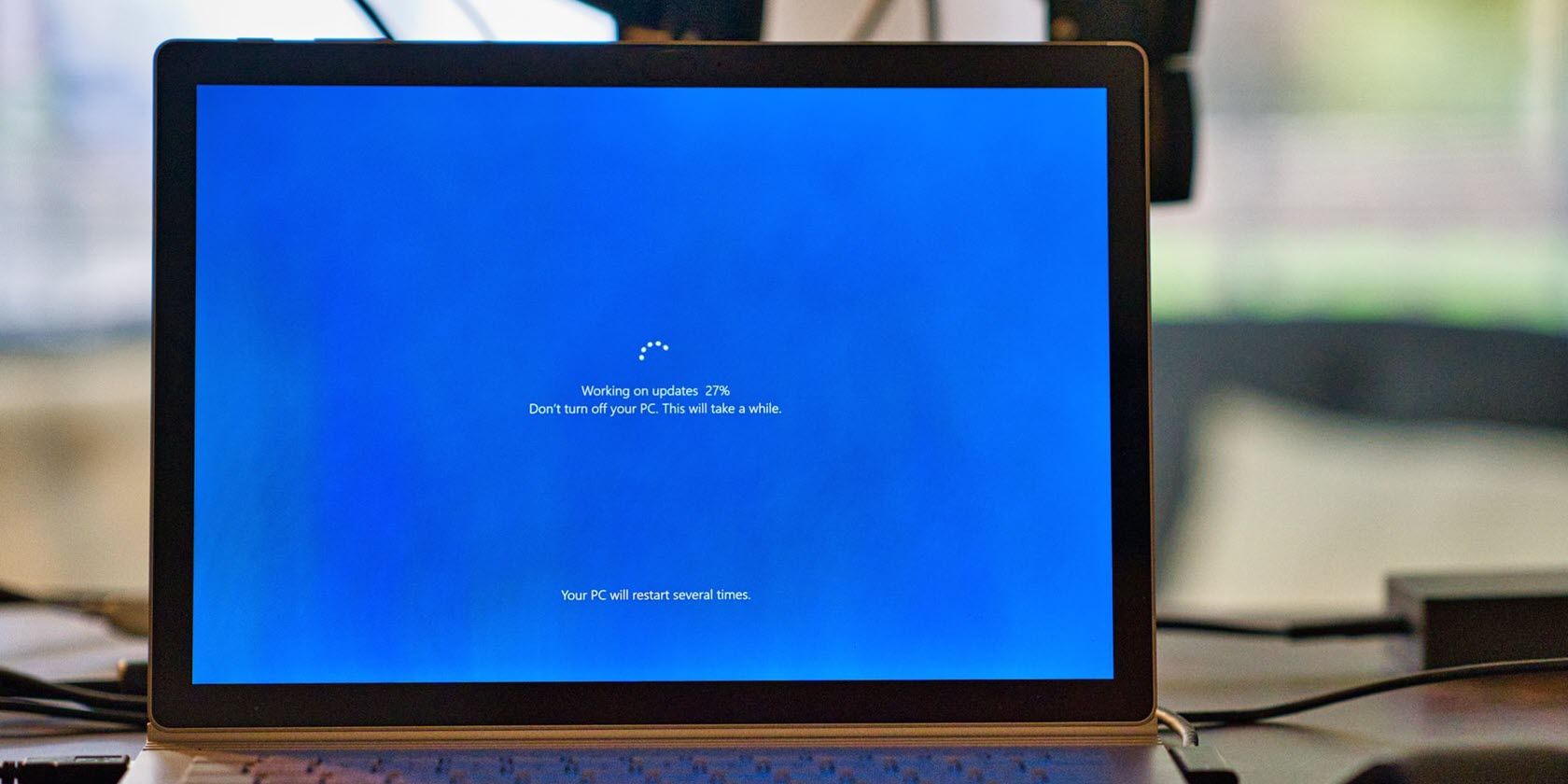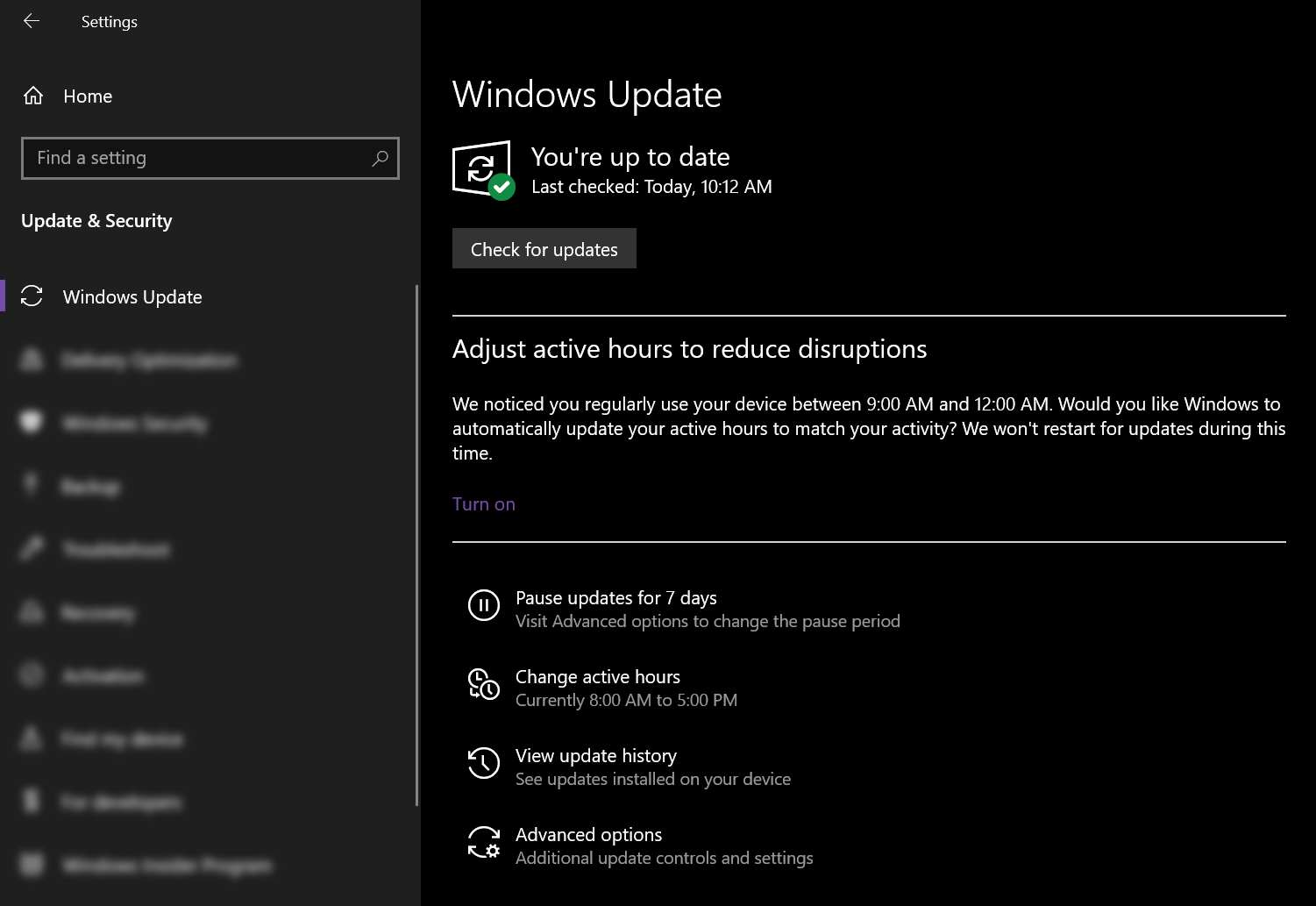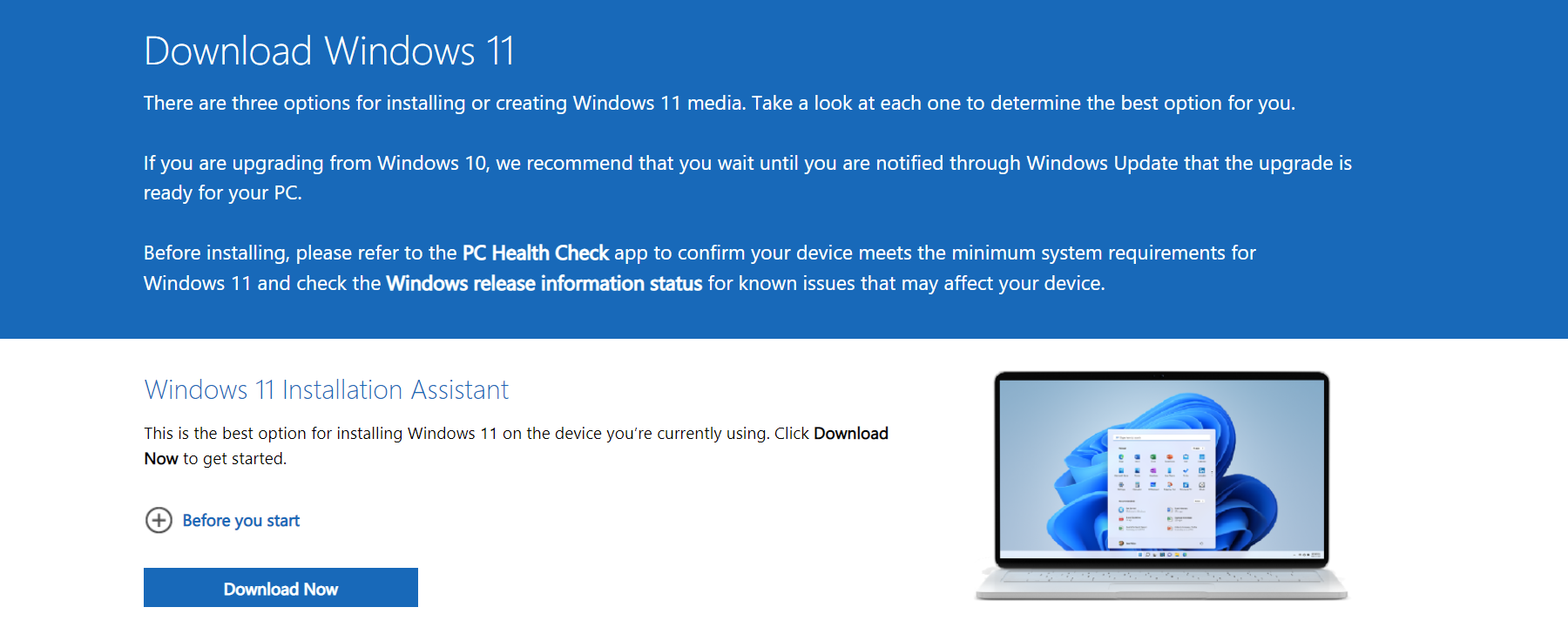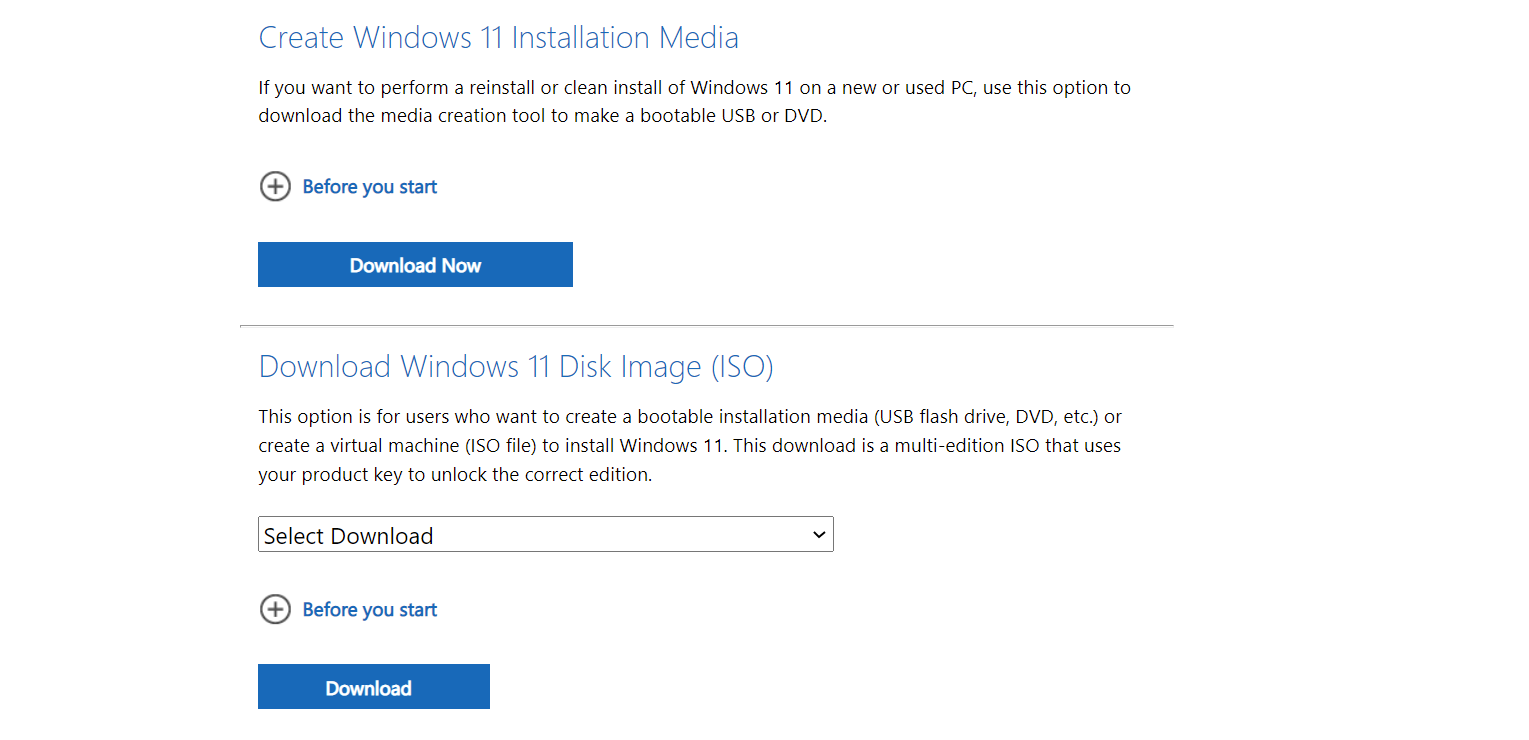Since the release of Windows 11 in October 2021, many users have upgraded their system to the latest iteration of Windows. However, some are still afraid to take the leap—at least not yet. According to Microsoft, Windows 10 will be supported until 2025. This gives users enough time to think about whether they will embrace the new version or not.
If you’re one of the users who are still skeptical about the upgrade, this guide will answer frequently asked questions about what would happen if you don’t upgrade to Windows 11 and discuss other information you should know.
What if I Don’t Upgrade to Windows 11 Now?
There’s no immediate need for you to upgrade to Windows 11 since Microsoft will support Windows 10 until October 14, 2025. As such, even Microsoft says that you don’t have to install the Windows 11 updates on your Windows 10 PC right away.
Like all major updates Windows 10 receives, you can defer or decline any update Microsoft offers to upgrade by not starting the download and installation process in your Windows Update. If you choose to do this, it means that you can still use your computer safely and expect to receive vital security updates that will keep your system protected until 2025.
Is It Okay to Upgrade to Windows 11 Later?
Yes, of course. There’s no rush for you to install the updates right away. If you still love Windows 10, you can continue using it.
However, if you’re worried that the update offer may expire or be removed if you have declined the offer already, there are still options for you to install Windows 11. You can always go to Settings > Windows Update and click the Check for updates button if you’re ready to upgrade.
You can use the Media Creation Tool (MCT) or the Installation Assistant to upgrade your Windows 10 to 11. However, before you update, make sure that your system is eligible for one. You need to have a valid Windows 10 license, network connection, TPM 2.0 or at least TPM 1.2, and Secure Boot and UEFI capabilities on your computer.
To upgrade using the Windows 11 Installation Assistant, visit Microsoft's download page and click the Download Now button under the Windows 11 Installation Assistant section. Once the download is completed, just run the program, and the installation process will begin to upgrade your system.
If you want to make a bootable USB or DVD of Windows 11, you can download the MCT. On the same Windows 11 download page, click the Download Now button under the Create Windows 11 Installation Media section.
You can also download the ISO file if you want to use the OS on a virtual machine. Just press the Download Now button from the Download Windows 11 Disk Image (ISO) section to save a copy on your PC.
You can then use the ISO file to create a bootable USB drive.
Are There Any Risks for Not Upgrading to Windows 11 After 2025?
Yes, of course. If you don’t update the system before the support ends in 2025, your computer will face several risks.
First, you will miss out on the latest system features, security updates, patches, and compatibility for upcoming security features and programs. This lack of updates will mean your system will become more vulnerable to attacks.
Running an outdated version of Windows will make your PC more susceptible to a plethora of viruses; malware that will track your activity, worms that damage your data, ransomware that will hold your sensitive information hostage, RAT software that gets access to your webcam, and more.
In addition, after a few years when support for the OS has ended, some applications may also stop providing support and updates. This will leave your apps more vulnerable to security exploits since you won’t be able to update to their latest version.
If you’re a gamer, you might lose out on your favorite games and any new games that will be introduced in the future. Games that use anti-cheat tools are starting to rely on Windows 11 security features to provide better and fairer gameplay. While they can still work on Windows 10, you can expect that in the near future, they will start requiring gamers to have Windows 11.
Can I Stick With Windows 10 Forever?
Since Windows was first released, a handful of users has always preferred the older version of Windows over the new release, even if Microsoft doesn’t support it anymore. You’ll be surprised that many people are still using older versions such as Windows 7, Windows 8, and Windows XP up until this day. However, these users are facing significant security risks in their systems.
So, if you don’t upgrade at all, you will not only put your system at risk but will also miss out on the new system and security features.
However, that’s not all there is to an outdated system. You will also miss out on apps that don’t support Windows 10 or older OS versions and have limited options on what programs you can install.
Lastly, if you don’t upgrade before the end of support, you might need to pay for an upgrade in the future. This is something to think about, especially if you don’t want to spend a lot on your computer’s system.
What if I Can’t Upgrade to Windows 11?
If you’ve already checked your computer and realize that it doesn’t meet Windows 11's minimum requirements, there are only a few options available to you. You can either keep running Windows 10 until Microsoft ends its support for the OS, buy a new computer before the cutoff date, or upgrade the hardware that Windows 11 has an issue with.
Better Security With Windows 11
Windows 11 has introduced many changes, so it’s no surprise that many users still prefer to use Windows 10 over it. However, these changes are meant to make the system a better version of its previous iteration, making it a more secure option for Windows users. But if you’re not yet comfortable transitioning to the new OS, don’t feel pressured. You have enough time to install the latest updates on your system before Microsoft stops supporting it.





